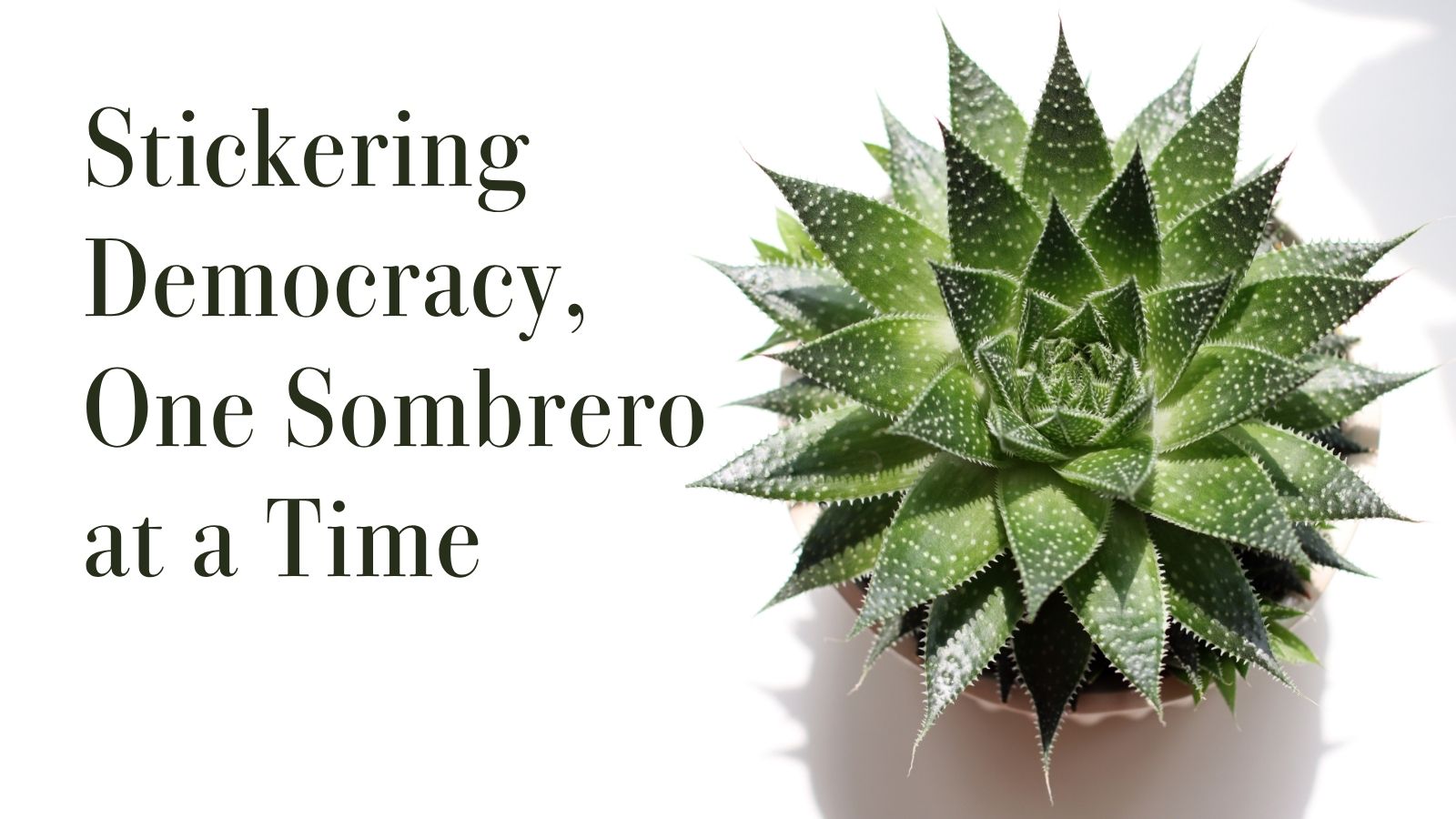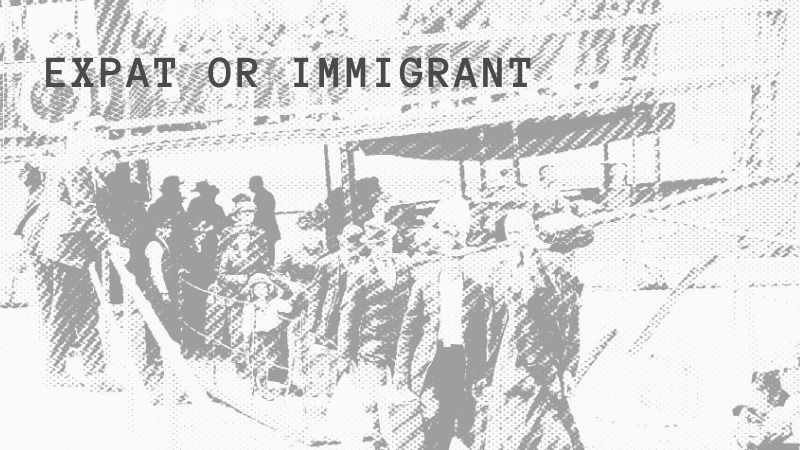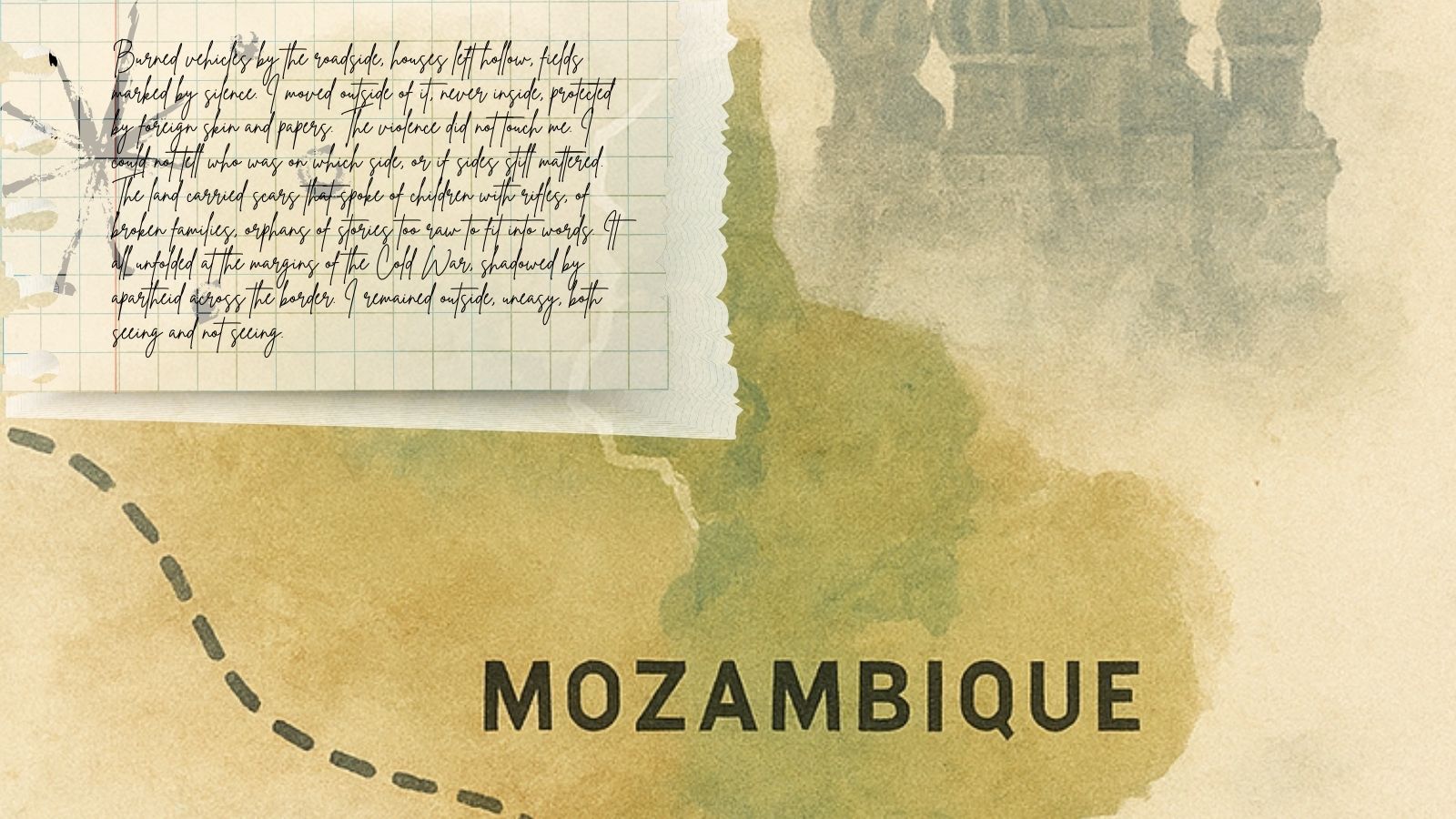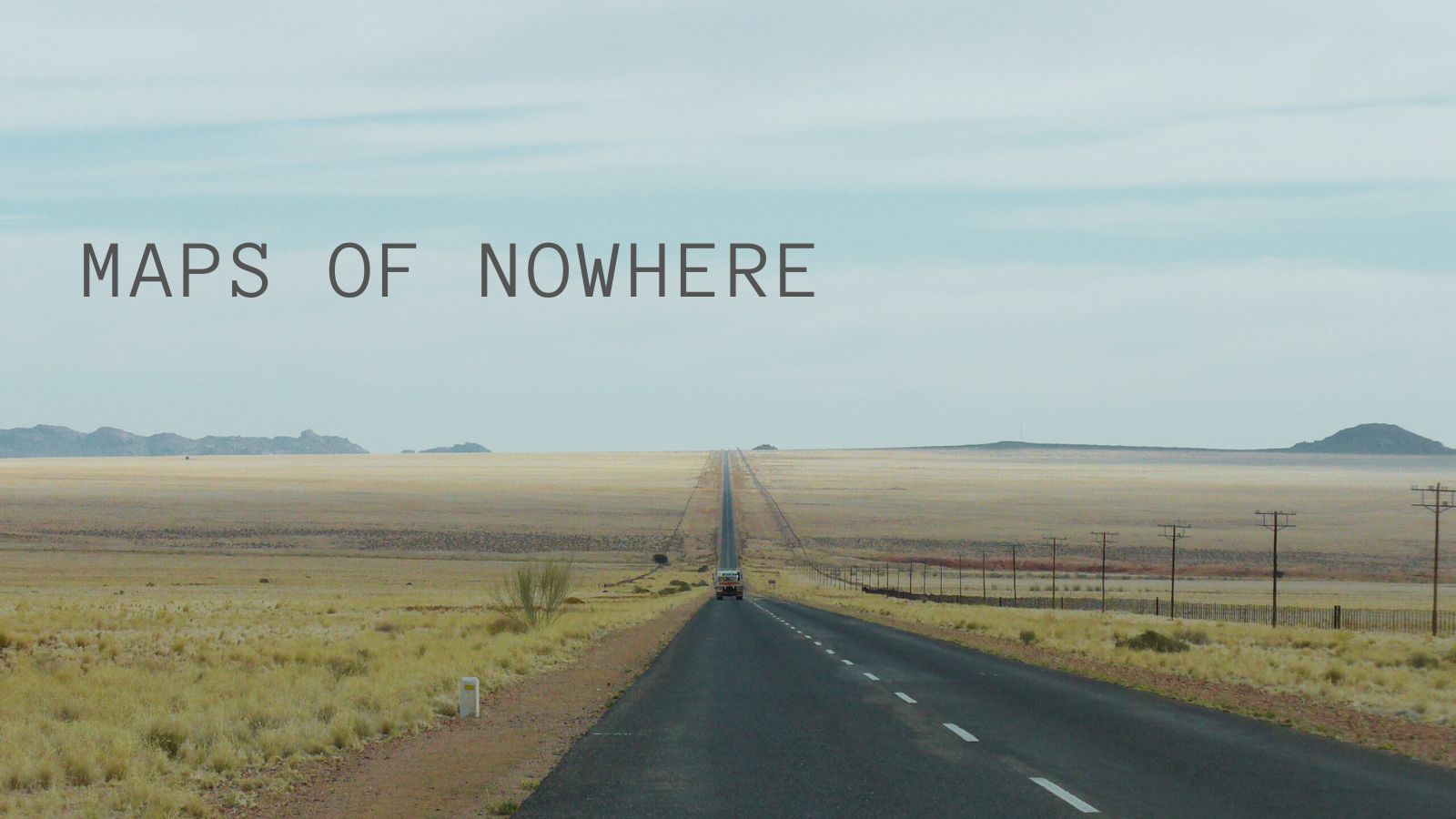I’ve lived in Mexico for some years now. In that time, I’ve seen maybe three sombreros worn by actual people: on a couple of mariachi musicians, possibly one on a tourist at Cancun airport (though I can’t be certain), and that’s it. Three sombreros. Total. I probably should get out more.
Meanwhile, despite my best efforts to confuse whatever algorithm that is feeding me, I’ve watched 20+ American politicians get digitally crowned with sombreros this past week alone. The U.S. government has shut down again, and apparently, the height of political commentary is slapping a sombrero sticker on a politician’s head and calling it done.
I see more sombrero content from the US than I’ve seen actual sombreros here in Mexico.
This idea led me to verify my suspicion with an AI. After some back and forth, the AI estimated that roughly 0.08% of Mexico’s population wears sombreros with any regularity (obviously, I have not found any real statistics on this). That’s mariachi musicians, charros, folklórico dancers, and a handful of tourism workers. Meanwhile, American tourists arrive in hordes (an “invasion” of over 20 million in 2023), many purchasing sombreros twice the size of their torsos, declaring themselves honorary locals after two margaritas and a mariachi selfie.
But back to the political commentary, which apparently has reached the sticker stage. Watching these modified clips made my thoughts drift to the Mexico I know. Not out of nostalgia, but because of the absurd symmetry. While the United States is stickering its democracy, Mexico exists as a cartoon in foreign imagination. And the Mexican government isn’t exactly rushing to correct this. Stereotypes sell vacation packages.
Apart from the current misleading narrative about my home being a warzone, I believe the average American tourist views Mexico as a postcard from the 1950s: cacti, tequila, a burro resting between errands, and a man in a sombrero taking a siesta. The siesta was practical, the sombrero provided shade, and the burro was useful before pickup trucks. Practical tools became symbols of laziness. I’ve seen the same narrative in Europe about Italians and Greeks, but without the burro.
These tourists arrive with that postcard in mind. They buy oversized sombreros, snap mariachi selfies, and go home convinced they’ve experienced “authentic Mexico.” Washington produces fake sombrero images of politicians. Cancun produces fake authentic culture for tourists. In both cases, what’s real gets edited out.
Stereotypes are efficient “tools”. Why understand Mexico as a complex, modern country (the IMF’s 12th largest economy in the world, with tech start-ups, art collectives, environmental movements, and a dynamic cultural landscape) when a sombrero suffices? It’s the same logic behind U.S. politics: why grapple with complex policy when a ten-second clip of embarrassment will do?
Here’s where it stops being “funny”.
When a stereotype becomes the dominant lens, it does real damage. The “lazy Mexican,” the “romantic peasant,” the “dangerous migrant.” These aren’t just wildly inaccurate and old descriptions. They shape policies and justify border walls, trade barriers, discrimination, and countless acts of condescension disguised as help.
It is a repetitive and familiar stereotype, a fiction that becomes the accepted reality. Most Americans buying those oversized hats don’t see the harm, nor do the local traders. It’s an inherited script of a cultural default that confuses recognition with caricature. Meanwhile, the same country that turns Mexico into a costume turns its own democracy into a costume drama.
A future historian piecing this together (the shutdowns, the edited videos, the deliberate cultural misunderstandings) might conclude that early 21st-century America was one big theme park. Every attraction is designed for maximum engagement, with minimal space for reflection.
Most Americans are only looking for a better life, dignified and meaningful. They’re not getting it from established structures. Politics, media, corporations, and even community life have been reduced to entertainment, with real-world consequences that are anything but amusing. The spectacle continues, but the people living it must feel the fatigue.
From here in Mexico, it’s both fascinating and absurd to observe. At least in Mexico, the sombrero still blocks the sun. In Washington, the only thing getting shaded is the truth.
AI Transparency Statement
AI tools (Claude/Anthropic, ChatGPT/OpenAI) assisted with drafting and editing this piece. All content has been thoroughly reviewed, edited, and verified by the author.




